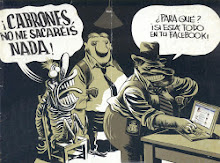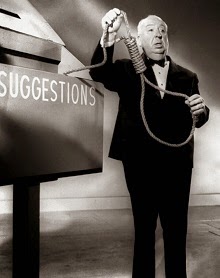Max Décharné
As well as masterful exercises in suspense and social realism, the best fiction in this genre is also a rich repository of slang. And that’s no Archbishop Laud
I've spent most of my adult life reading vintage crime novels. Often dismissed out of hand at the time they appeared, over the past century they have preserved a huge variety of slang. Not surprisingly, when researching my new book, Vulgar Tongues: An Alternative History of English Slang, it was these stories that provided the richest seam of words and phrases, initiating the reader into a world in which people order a drink by saying, “Break out another bottle of that bug spray,” or acknowledge someone’s black eye with the phrase, “Who’s been kissin’ your puss?”
Raymond Chandler famously credited Dashiell Hammett with giving murder “back to the kind of people that commit it for reasons, not just to provide a corpse … He put these people down on paper as they are, and he made them talk and think in the language they customarily used for these purposes.”
Hammett learned underworld slang at first hand, working as a detective for the Pinkerton agency; few other crime writers will have had the dubious pleasure of being beaten over the head with a house brick in an alley while tailing a suspect. However, the most influential jargon over the years has probably been the laconic asides of Chandler’s own Philip Marlowe – not bad for a writer educated at Dulwich College in Edwardian London.
The field is vast, but here are 10 from the 1920s to the present that talk that talk in a suitably righteous fashion.
1. Red Harvest by Dashiell Hammett (1929)
Hammett’s hard-as-nails debut novel is located in the mining town of Poisonville, Montana, where the police way of interrogating a suspect is to “take this baby down the cellar and let the wrecking crew work on him”. Someone calls the central female character a soiled dove – 13th-century English slang for a prostitute – while the protagonist remarks that he is “going blood-simple” from all the killing, a term later used by the Coen Brothers for a film title in 1984.
Think MadMen in prewar London, set in an advertising agency based on the one in which Sayers herself worked. Lord Peter Wimsey goes undercover drawling his finest Oxbridge lingo (“What ho! that absolutely whangs the nail over the crumpet”), to where staff speak in a mixture of Americanese (“She’s a smart jane all right”), those who interrupt are buttinskis, and colleagues are greeted with the salutation, “Hail you all, impale you all, jail you all”.
3. The Gilt Kid by James Curtis (1936)
London again, but as seen through working-class eyes, this is the debut novel of James Curtis, who also wrote They Drive By Night.
That well-known cockney rhyming slang term for the Flying Squad – the Sweeney – makes its first written appearance here, but some other terms mean different things today.
Having it off is simply pulling a burglary, and prison is still the queer place, an 18th-century criminal slang survival.
Pioneering black crime writer Chester Himes moved to Paris in the 1950s to escape American racism, afterwards creating the landmark series of crime novels featuring Coffin Ed and Grave Digger Jones. This, however, was written in California. Characters say rest the weight (sit down), you still on rubber? (do you have a car?) and use then-current jazz terms such as pad and groovy, two decades before the hippies thought they invented them.
5. The Crust on Its Uppers by Robin Cook (1962)
Long before he became Derek Raymond, Robin Cook launched his career as one of the masters of British postwar crime fiction with this dazzling tale of high-living low-lifes, containing its own glossary of London lingo: cat’s-meat gaff (hospital); have the dead needle (to be very angry with someone); half a bar (10 shillings); Archbishop Laud (fraud).
Since Laud was executed for treason in 1645, this shows what a long folk memory rhyming slang can have.
6. Trick Baby by Iceberg Slim (1967)
Halfway through a life on the wrong side of the law, Robert Beck (writing under the name Iceberg Slim) followed his accurately-titled autobiography, Pimp, with his first venture into fiction, a slice of gutbucket street life in which ex-cons ask, “Maybe you can help me find a crib and a clean two-buck broad.” An acknowledged influence on rap artists Ice-T and Ice Cube, Slim also provided a glossary here, including pull coat (“to inform or alert”) and peckerwood (“contemptuous term referring to white men”).
7. Farewell, My Lovely by Raymond Chandler (1940)
“It was a blonde. A blonde to make a bishop kick a hole in a stained glass window.” Chandler’s exuberant follow-up to The Big Sleep, establishing the blueprint for the wisecracking, slightly shop-soiled private eye. People with guns say things like, “Stick up. Be very quiet and everything will be jake,” while invitations to the booze are made with the phrase, “Let’s you and me nibble one.”
The mean streets of Los Angeles never sounded better.
8. American Tabloid by James Ellroy (1995)
The blistering opening salvo in what for me is Ellroy’s masterpiece, the Underworld USA trilogy, in which all manner of clandestine operators converge on Dallas in 1963 for JFK’s assassination. Genuine historical figures blend with fictional characters, many of them talking a scattershot mixture of trade terms and creative profanity, where tough guys have stones (balls), drug addicts pop bennies (benzedrine), and dodgy deals are concluded with, “Don’t shake my hand, you’re too greasy to touch”. No one else has done it quite like this, before or since.
9. Sir, You Bastard by GF Newman (1970)
This excellent hardboiled novel of Metropolitan Police corruption is loaded with the kind of slang in use by the force and by criminals at that time, full of fit-ups (frames), bungs (bribes), and people giving it the verbal (chat). Investigating a robbery, Detective Inspector Terry Sneed says to someone on the file of local talent (a habitual criminal): “A blag (raid) was done up the road … Comes to about a monkey’s (£500) worth of tom (tomfoolery, jewellery).”
10. Weirdo by Cathi Unsworth (2012)
Historically, while many of the most successful crime writers have been women – indeed, Agatha Christie is the best-selling novelist of all time – slang often features less heavily in their work. This book, however, is a masterful fictional evocation of the local speech patterns (“No, I in’t”) and tribal allegiances of the early 1980s East Anglian coastal resort where Cathi Unsworth grew up. Bored goths hang around the ’musies (amusement arcades), lechery is mocked with the phrase “Put your tongue away, boy”, and anyone daring to look different is labelled a weirdo.

























.jpeg)








0 comentaris:
Publica un comentari a l'entrada